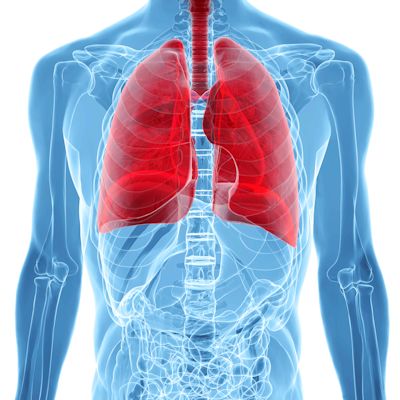Six Ways to Snuff Out Cigarettes for Good
Monday, June 15, 2015
![]()
 Many people quit smoking to reduce their risk of cancer, lung disease, heart attack, stroke and premature death. In fact, close to 1 in 5 deaths in the U.S. can be attributed to smoking.
Many people quit smoking to reduce their risk of cancer, lung disease, heart attack, stroke and premature death. In fact, close to 1 in 5 deaths in the U.S. can be attributed to smoking.
That said, quitting smoking is extraordinarily difficult — so difficult that only 4 to 7 percent of people who try to quit on their own are successful while 25 percent of those who use medications are able to stay smoke-free for more than six months.
Tanner’s Get Healthy, Live Well initiative helps people give up tobacco with its free Fresh Start program. Fresh Start is a tobacco cessation counseling program designed by the American Cancer Society. These free classes support you through the first few days when quitting is the hardest and then teach you how to master obstacles that may come later. You'll learn the lifelong benefits of quitting tobacco and how to avoid a relapse.
Learn more about the Fresh Start program at www.GetHealthyLiveWell.org and register for a class online or by calling 770.214.CARE.
In addition to Fresh Start, you might consider giving these methods a try:
- Cold turkey. Most people quit by going cold turkey — picking a quit date and then committing to not smoking again after that day. Making changes to their routine, such as avoiding places they used to smoke, not spending time with smokers, staying active and avoiding their personal smoking triggers helps them stick to their decision.
- Nicotine replacement therapy (NRT). There are five kinds of NRTs to choose from — patches, gum, nasal spray, inhalers and lozenges. Each of them has different risks, side effects and benefits. Recently, Get Healthy, Live Well received a grant from CVS Health to help people enrolled in the initiative’s Fresh Start tobacco cessation program purchase NRTs. Ask your doctor for a recommendation if you are unsure which type would be best for you.
- Prescription drugs. The prescription drugs Zyban, Wellbutrin, Aplenzin and Chantix help smokers quit successfully by reducing nicotine withdrawal symptoms. They are not without side effects, however, and should be discussed first with a physician.
- Counseling and support. Many smokers find it’s easier to stay smoke-free if they receive support from telephone counseling, quit-smoking programs or support groups. To find one in your area, call the American Cancer Society at 1.800.227.2345 or visit www.cancer.org. The Georgia Tobacco Quit Line, offered by the Georgia Department of Public Health, is another resource. You can reach the Georgia Tobacco Quit Line at 1.877.270.STOP.
- Hypnosis and acupuncture. While there is little scientific evidence to support these methods, some people claim that hypnosis and acupuncture have helped them quit using tobacco.
No matter how long or how much you smoke, the benefits of quitting make it well worth the effort. People who quit using tobacco often find that their sense of smell and taste improve, energy levels increase, tobacco stains on fingers and fingernails disappear and even intimacy with a partner has been shown to improve after quitting tobacco.